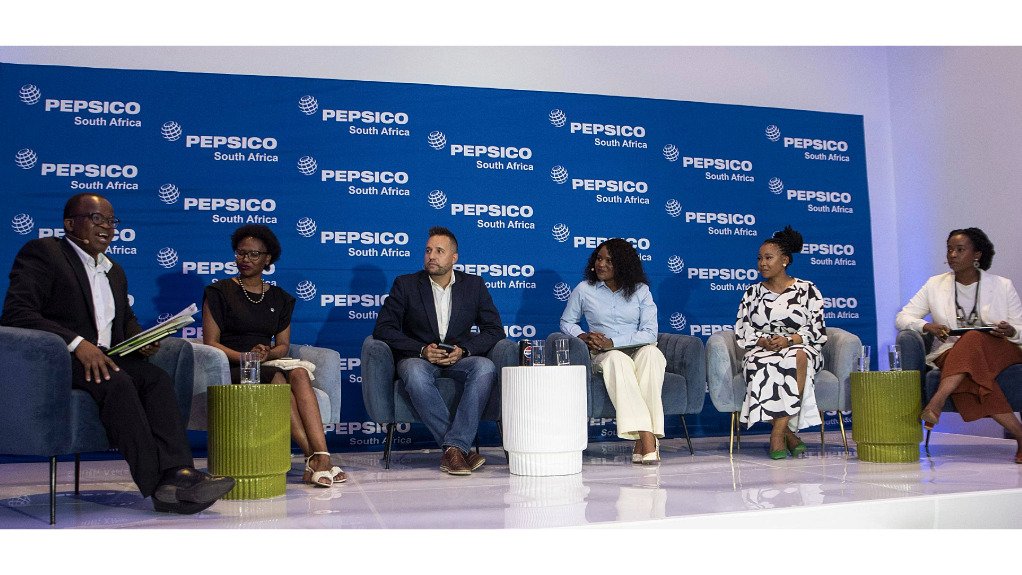Addressing the gender-diversity gap in South Africa’s agricultural sector is crucial for its future growth. This was the central message from Agriculture and Rural Development MEC Vuyiswa Ramokgopa, during multinational food and beverage corporation PepsiCo South Africa’s (SA’s) LinkedIn Live event.
The event, titled ‘The Business of Being a Woman in Farming’ coincided with Women’s Month. It highlighted the essential role that women play in the agriculture sector and explored strategies to overcome women- specific challenges.
PepsiCo SA agronomy director Anthony Viljoen emphasised the global impact of women-led agriculture, noting that studies show a potential 20% to 30% increase in productivity should agriculture be predominantly led by women.
“Our role is to empower local female farmers by enhancing their productivity and driving advancements in agronomy that benefit both their businesses and the broader agricultural community,” stated Viljoen.
Ramokgopa expressed further optimism about the rising role of women in agriculture. She stated that it was inspiring to see women leading the sector, with women comprising a third of the agricultural workforce and a significant share of smallholder production.
She noted that the challenge now lies in turning this substantial contribution to smallholder production into commercial success and to ensure that South Africa’s women are adequately compensated and valued across the supply chain.
The department is currently running several programmes in partnership with various stakeholders to enhance the overall productivity and resilience of women in farming.
Pepsico’s independently operated development fund Kgodiso Development Fund (KDF) agribusiness head Tshego Selepe
highlighted that women have shown
remarkable resilience and capability in sustaining agricultural activities, ensuring food security, and driving economic growth, “even in the face of numerous challenges”.
Agriculture and food software tool provider Khula! COO Ayanda Mbonani-Vana stated that innovative digital and technology solutions are bridging the market gap and creating opportunities for rural female farmers.
Owing to the advantages of technology, he noted that the industry is able to offer women farmers real-time market information, connecting them to buyers, and offering transportation solutions.
Agricultural service provider the Agricultural Business Chamber of South Africa chief economist Wandile Sihlobo moderated the panel discussion, emphasising the key characteristics of the agricultural sector.
He observed that the sector has grown “remarkably”, having more than doubled in value and volume since 1994, adding that “now” is the time to examine and reflect on the gender disparity within the sector.
“We must recognise two key points about South Africa’s agriculture sector: first, it plays a vital role in our economy, representing [about] 3% of GDP at the primary level.” Further, “when including both agriculture and agriprocessing, this contribution rises to around 8% of the national GDP” implying that women should have greater representation in this key sector.
Edited by: Nadine James
Features Deputy Editor
EMAIL THIS ARTICLE SAVE THIS ARTICLE
ARTICLE ENQUIRY
To subscribe email subscriptions@creamermedia.co.za or click here
To advertise email advertising@creamermedia.co.za or click here













